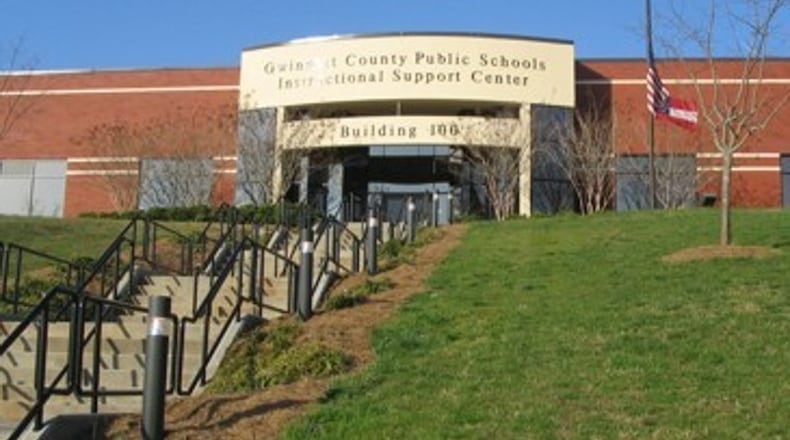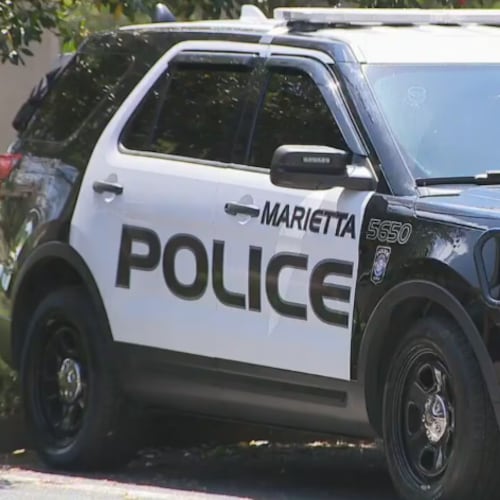At Thursday’s Gwinnett County Board of Education meeting, 11 high school students demanded the district demonstrate its commitment to racial equity.
They cited Superintendent Alvin Wilbanks' June 5 statement, which said the district must address racism and work to ensure equity for all students. The group, members of Gwinnett Students for Equity, said the district had not yet done enough.
In nearly identical statements, the students cited the case of Alton C. Crews Middle School teacher Paige McGaughey, who said she was told by district officials to remove a “Black Lives Matter” poster from the background of her virtual classroom after a parent complaint. McGaughey kept the poster up and said it was a message to her students that they should feel safe and valued in her class.
“A teacher telling her students that they will be respected is not divisive," said Samad Hakani, a junior at the Gwinnett School of Math, Science and Technology. "A teacher promoting inclusivity is not a distraction. In fact, it is quite the contrary. It is emblematic of the type of behavior the board members should be promoting.”
The students began and ended their comments to the board with the same phrase: “Actions speak louder than words.”
The students were inspired by Gwinnett Educators for Equity and Justice, a group of teachers pushing the district to make changers including mandatory implicit bias training, a curriculum including Black history and recruitment and retention plans for teachers and administrators of color.
The district has begun an internal audit regarding equity, which is in the first of three phases, said board member Everton Blair, who praised the students for voicing their concerns.
“Many of the problems that we face, many of our challenges, can be ameliorated by listening to the people who are at the root of it, and that is the students,” Blair said.
About the Author
Keep Reading
The Latest
Featured



